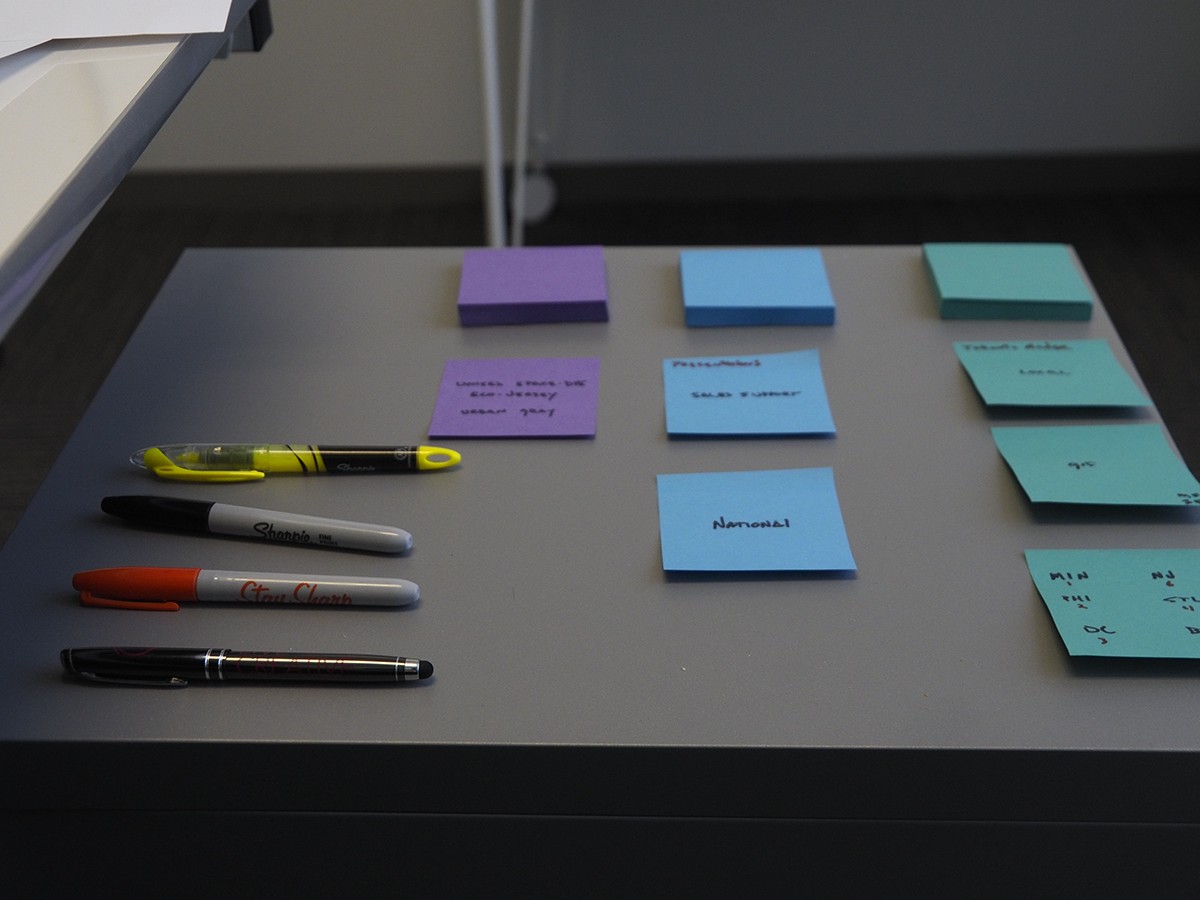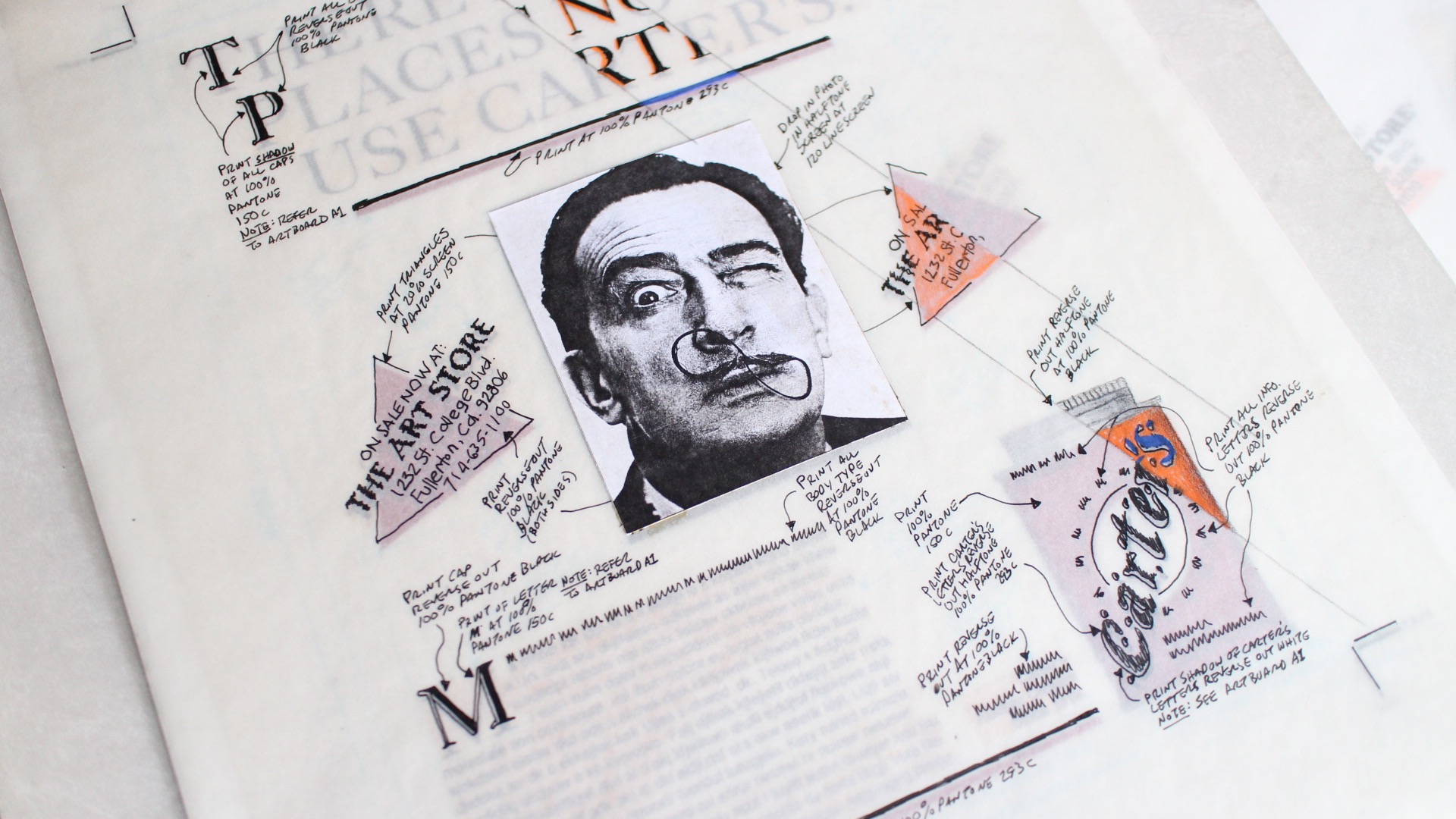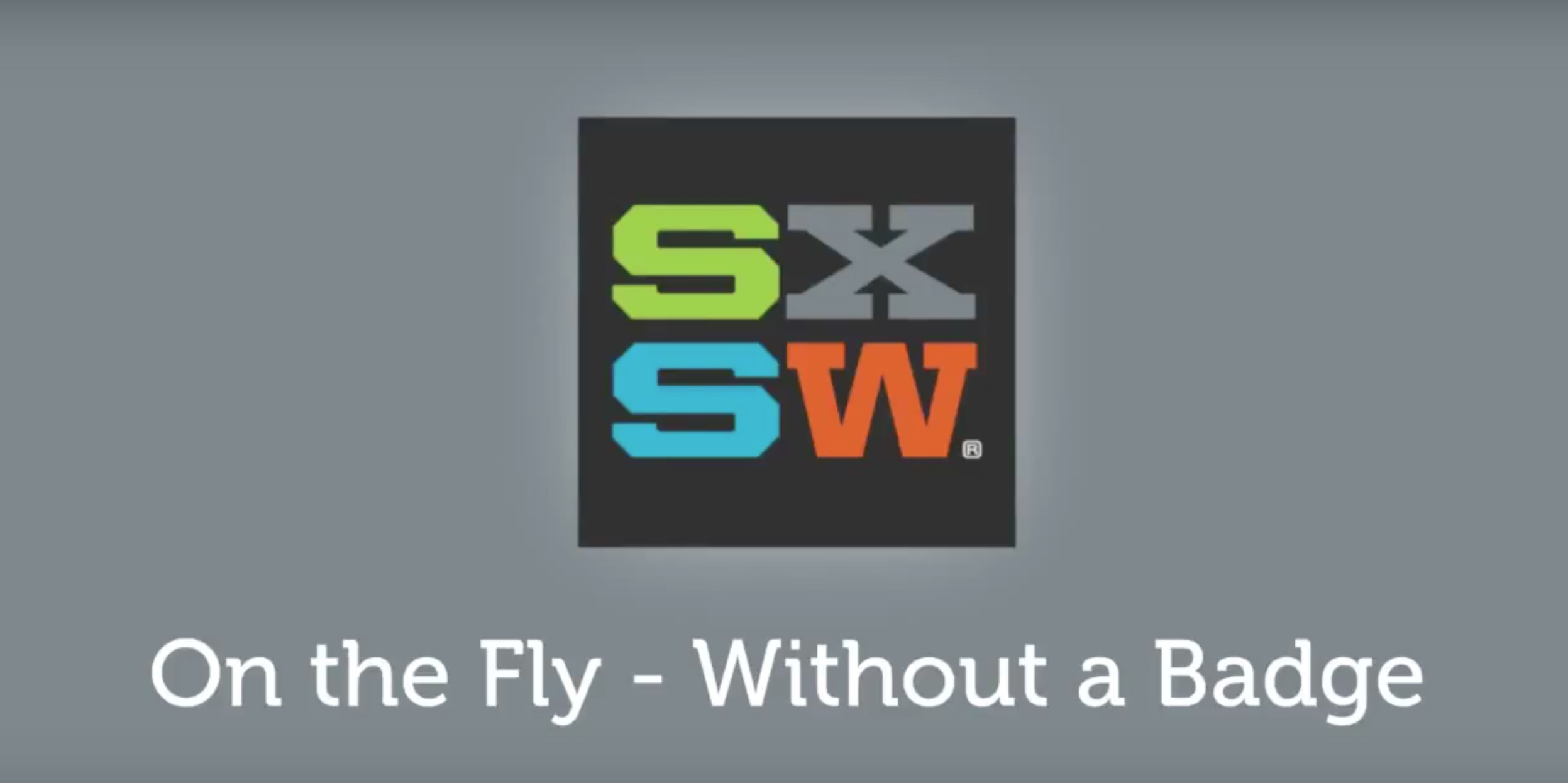Almost one year ago to the day I left my job. I worked as a recruiter at Creative Circle. I absolutely loved the role, my coworkers, my routine, and the fulfillment I felt as an independent young woman working in downtown Chicago with nothing holding me back. My husband and I were advancing in our careers and we had our first child on the way. Everything was going as planned, life was good! And then my water broke at 30 weeks pregnant (10 weeks early)… My life as I knew it came to a screeching halt.
Fast forward…my husband and I have a remarkable son who is healthy, happy and ready to take on the world. So much so, he got a 7 week head start! But having a premature baby (or a baby in general!) was hard and forced me to make an incredibly difficult decision, and that was to put my career on hold to focus on our baby and our family.
This is life, right? Beautifully unpredictable. Things happen that derail our plans, good and bad, and we adapt in remarkable ways.
I know I am not alone here. As a recruiter, I met with numerous candidates who were looking to get back into the workforce after taking a career “break”. Reasons were endless: pursuing personal interests, sabbatical, elder care, raising small children, unforeseen personal or family health issues, spousal job transfers, to name only a few.
To the candidates I interviewed, mentored, listened, and learned from, I get it. I’m not going to lie, these career “breaks” weren’t always an easy hurdle to overcome to our clients but I understand that searching for a job is never easy, especially after taking an unplanned “break.” Therefore, I want to share with you some of my job hunt ammo as I start looking for my next job!
1. Do your research. Be prepared.
The more you know about your potential new employer, the better off you will be. Hands down! Read the company’s website in full, learn more about the interviewer in any way you can. Follow their social media accounts, get up to speed on the company’s latest news, etc. This information will lead to talking points during your interview and will also exemplify your passion and excitement for the job you are going for.
In addition, think through how your previous experience applies to the job at hand. What would be most relevant to highlight to the hiring manager during your interview about yourself and experience? How do your skills and past experiences support the company’s short and long term goals?
2. Network and build relationships.
Don’t be shy, put yourself out there – people want to help! Attend industry events, join an association, schedule meetings or informational interviews, treat people to coffee or lunch, find a mentor or reconnect with previous employers and connections in your industry. You can also reach out to your local Creative Circle office to schedule an interview with a recruiter. Whatever you do, let it be known that you are on the job hunt.
3. Spruce up your presentation.
Resumes and portfolios are key in getting you to the next step. If you are getting back into the workforce after a career “break” and are worried about that gap in your resume, don’t fret, there a few different things you can do. First of all, don’t forget to include any sort of freelance work, consulting gigs, internships, or volunteer programs you did during your “break.” These activities are 100% viable, so make sure to list them under your professional experience. Include date of activity, location, brands worked on, responsibilities held, and accomplishments, just as you would a full time gig.
You can also experiment with the layout of your resume. There are functional resumes and chronological resumes. Although most employers and recruiters appreciate chronological resumes, depending on your experience and professional history, a functional resume might be the right choice for you. If the gap on your resume is large, you can include a very brief explanation (1-2 sentences) in a cover letter, application, or intro email explaining why you stepped away from your career for a period of time. It is also important to consult with your recruiter so they can help position and market you to various clients. Above all, be honest and own your career history, both on paper and in an interview. And, always be sure to express your excitement and enthusiasm about re-entering the workforce!
4. Be flexible. Keep an open mind.
You simply never know where life is going to take you. As a recruiter, it was not uncommon to see a two-day freelance job turn into a full-time position. So keeping an open mind and thinking “yes” instead of “I’m not sure about that” might lead you to places you might have never imagined.
5. Be honest with yourself and others.
Do some soul searching on what you are looking for at this point in your life – it could be the specific work, or the environment you seek to work in. Once you have a good idea as to what you want, do your best to communicate that to potential employers and recruiters so they can help you find it. Honesty is the best policy. Don’t hide or talk around the break in your career – be honest and prepared to share reasons as to why you stepped away from your work and how that particular time helped improve you as a person. It is likely that you have gained solid experience in non-traditional ways such as volunteering, running a household and family, traveling, etc. Be sure to mention these attributes you have gained to reinforce your worth.
6. It’s okay to be vulnerable.
Be transparent and genuine – real people appreciate real people. This can feel scary, but the truth is, when you’re vulnerable, people are more likely to trust you and engage more openly in return. Brene Brown says it best, “Vulnerability is the birthplace of innovation, creativity and change.” Talk about your job history, resume gaps, things you loved about jobs, challenges that taught you lessons and how to adapt. With confidence, use this outlet to share how you have grown as an individual and professional.
7. Get gritty. You are your own advocate.
Interviewing is hard work. You have to endure struggle, sometimes you fail and most of us have to try repeatedly until that ideal job comes around. This is grit. It’s not always the smartest, brightest, most intelligent people who succeed but more commonly the people with passion and perseverance. Remember to showcase discipline, maintain focus, and remain optimistic during your search. You’ve got to want it!
8. Embrace the conversation.
Dalai Lama once said, “When you talk, you are repeating what you already know. But if you listen, you may learn something new.” It is important to remember that a job interview or networking event is simply a conversation. Therefore, be present and positive at all times. Listen, don’t interrupt, and most importantly, be yourself. It is critical to sell yourself and your skills, but make sure you are truly paying attention at the same time.
9. Say thank you.
Whether you are re-entering the workforce after a career “break” or not, don’t forget to say thank you. It is so easy to do! A quick email, or even better, a hand-written thank you note goes a long way. You never know who you will run into in the future, so always be kind, and never burn your bridges.
Learning from my own career “break,” I now know for certain that life is the greatest teacher and allows for a more mature perspective which I can only use to my advantage and in looking for my next job. It is precisely by the experience of the last year and a half that I am convinced my value as an employee will be all the greater. I truly believe that the right employer understands this dynamic and that some of the best candidates out there are the ones recharged and sharpened by life, ready to jump back into the work force with renewed vision, energy, and understanding.
Caitlin’s education and background is in Graphic Design. She connected with Creative Circle in 2010 as a candidate. After a couple of years freelancing through Creative Circle and with her own clients, she accepted a full-time job as a Creative Circle Recruiter. Caitlin currently works part-time for the company to help improve the overall candidate experience. Outside of work, Caitlin can be found chasing her toddler around, spending time with family, horseback riding, working on her fixer-upper home and enjoying the outdoors.



